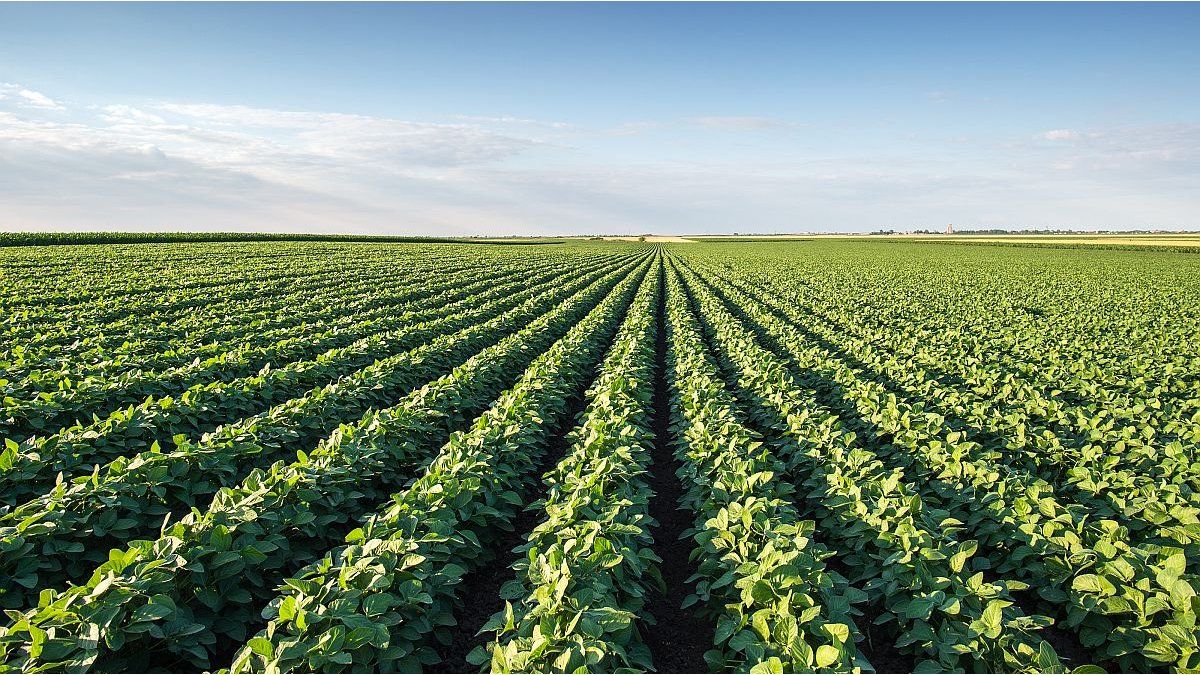Although agriculture is one of the most relevant sectors for national development, Argentina is not characterized by having strong regulations on agricultural activity. Many of the macro provisions that characterized the activity were dismantled in the State reform of the 1990s and replaced by fiscal decisions and regional or provincial regulations. The DNU of President Javier Milei acts on these particular regulations and on certain tools that were still in force (some little used). Its impact is transversal and multidimensional. Faced with this, what are the consequences that they can have on regional economies, agro-export trade, rural workers, concentrator markets and access to land?
A few days after its inauguration, the new government announced the application of export duties (DEX) of 15% to all agricultural activities known as regional economies. After strong objections from different sectors, the measure was retracted for around twenty of these activities, with the exception of the wine complex (8%), forestry and pork, which until now must pay export withholdings.
Based on this initial setback, the DNU brought about the repeal of regulatory and promotional laws – Cotton Law 19,990, Wine Law 18,600, Olive Farming Law 12,916 – which, if implemented, would enable greater levels of uncertainty in the operation of said activities. It is important to differentiate the little or no impact of the repeal of some of these laws from others that imply specific consequences for the productive and commercial circuit. On the one hand, this repeal would imply nothing more than the closure of certain low-impact support programs and insurance for dismissal of workers from the organizations that supported these laws.
However, the impact is different in cases like that of the Yerba Mate chain. The National Institute of Yerba Mate (INYM), governed by Law 25,564 (also repealed) is a public organization “privately administered”, which sets minimum prices for yerba, to try to avoid the formation of an oligopsony. It is important to highlight that, although it presented certain limitations, this function eliminated by the DNU would negatively impact the growers and harvesters of this crop. At the same time, Law 27,114, which established territorial limits for fractionation and packaging, is also repealed in this crop, with its consequent territorial impact in the provinces of Misiones and Corrientes.
In the case of cotton, the regulation governed the territories that could be used for this production but was not being applied. In the case of wine, the wine law regulated production contracts and the characteristics that the product should have. On the other hand, the National Olive Growing Corporation, a former body created by Law 12,916, was not in operation. Another of the repealed laws is the one that established quotas for the delivery of sugar for the domestic market -law 18,770-, which although it was in force, was not applied. As we can see, although these repeals affect laws that in concrete terms did not have many consequences on economic dynamics, they would prevent the establishment of regulatory mechanisms in the future.
Foreign trade
In terms of foreign trade we see significant consequences. The National Executive Branch may not establish prohibitions or restrictions on exports or imports for economic reasons. This explicit prohibition seeks to limit the economic policy discretion of a government that wants to protect the internal distribution of food and access to food. Minimum supply quotas for essential consumer products cannot be established for the domestic market, as have been historically implemented for wheat, corn and beef. The fact that certain popular consumption products are subject to fluctuations in international prices implies a concrete risk of deepening the food emergency if a certain combination of factors occurs (for example, the very feasible combination of high international prices with a large international demand for a product due to climate crises, etc.).
On the other hand, the main agroindustrial export products – soybeans, corn, wheat – constitute a central component in the production of balanced foods that are used to supplement different livestock production such as cattle, dairy, poultry and pig production. . Therefore, the absence of mechanisms that decouple external prices from domestic prices implies that this increase in costs has a full impact on the price, even more so in this context, of said productions in the domestic market.
Likewise, the absolute deregulation of export and import activities raises a big question about which firms will access import quotas from different external markets. In other words, by losing state intermediation capacity, the capacity to place products in international quotas may also be lost. Not to mention the concrete possibility of productive development of activities that must openly compete with economic agents that have certain protections in their countries of origin.
Rural workers
The DNU links all activities of the Argentine agri-food system as essential activities, therefore, union activity and the right to strike are severely curtailed. The provision limits the right to strike of any group of workers involved in any of the numerous primary activities, in industrial processing, distribution and marketing of food. It does not aim to reduce agrarian informality.
Another measure that aims to undermine the organization of workers is the fact of eliminating the priority of the job boards in charge of the union associations of workers with union status when proposing to employers a list of the personnel necessary to carry out of temporary tasks in agroindustrial activities.
Specifically, the Argentine Union of Rural Workers and Stevedores -UATRE- loses its capacity to influence and situations of transfer of workers from one region to another may arise to cover temporary employment. In line with the general tone of the DNU, here there is a clear attempt to limit the organizational capacity of the different groups of workers in the sector.
Concentrator markets
The repeal of Law 19,227 eliminates the possibility of promoting concentrator markets in different parts of the country. A certain effort in this sense had been made by the Province of Buenos Aires, promoting concentrator markets with cheaper prices than in supermarkets. On the other hand, it affects the reference prices that guide the purchase and sale operations of these products in different territories, a situation that will generate disorder in the market and opportunities for large players. Last but not least, it limits or eliminates the state’s ability to control the sanitary and hygienic conditions of marketed products. The operation of the Liniers market and the Central Market, whose management corporation was created by the law that is repealed, will also be affected.
The earth
One of the most influential measures has been the repeal of Law 26,737, which regulates the concentration of rural lands. It established a certain limit on the acquisition of land by natural and legal persons as well as residents outside the country. This ties in with President Milei’s premise that monopolies are “social benefactors” for the functioning of the economy, an idea widely questioned in the fields of economic science and by market behavior analysts. In that sense, its repeal would allow higher levels of concentration of land such as its acquisition by external agents, favoring what academics call land grabbing (the speculative hoarding of land with economic potential through various means). This would imply a greater expansion of the phenomenon of foreignization of land in force in different regions of the country, the loss of territorial sovereignty and the real risk of alienation of geopolitically strategic territories. In short, this is an effective threat in terms of the country’s political and territorial sovereignty.
The lack of strategic vision of Argentine agrarian policy has been a characteristic that most governments have faced. From what we can analyze from the content of the DNU, we are not facing an exception. In short, rainy, wet. With the DNU Omnibus, the scarce and improvised regulatory framework of the Argentine agribusiness received a new shovelful of dirt. In some cases, derogations are symbolic and their purpose – if they have any – is to limit the potential use by a government of the opposite sign. In other cases, deregulation can encourage collusion, market anarchy and a certain disorder regarding reference prices. Regarding the rights of rural and agro-industrial workers, there is a very clear attempt to limit them, which translates into benefits for the industrial leadership who will undoubtedly wait for the response of the competent unions. Finally, deregulations on foreign trade, although they may imply a certain improvement in coordination with international commercial circuits, could at the same time expose Argentines to a food emergency situation in the short term.
Patricio Vértiz. UNLP teacher and researcher
Tomas Carrozza. UNMdP teacher and researcher
Ernesto Mattos. IDEPI-UNPAZ teacher and researcher
Rolando García. Teacher and researcher CONICET/IDEPI-UNPAZ
Source: Ambito
David William is a talented author who has made a name for himself in the world of writing. He is a professional author who writes on a wide range of topics, from general interest to opinion news. David is currently working as a writer at 24 hours worlds where he brings his unique perspective and in-depth research to his articles, making them both informative and engaging.




